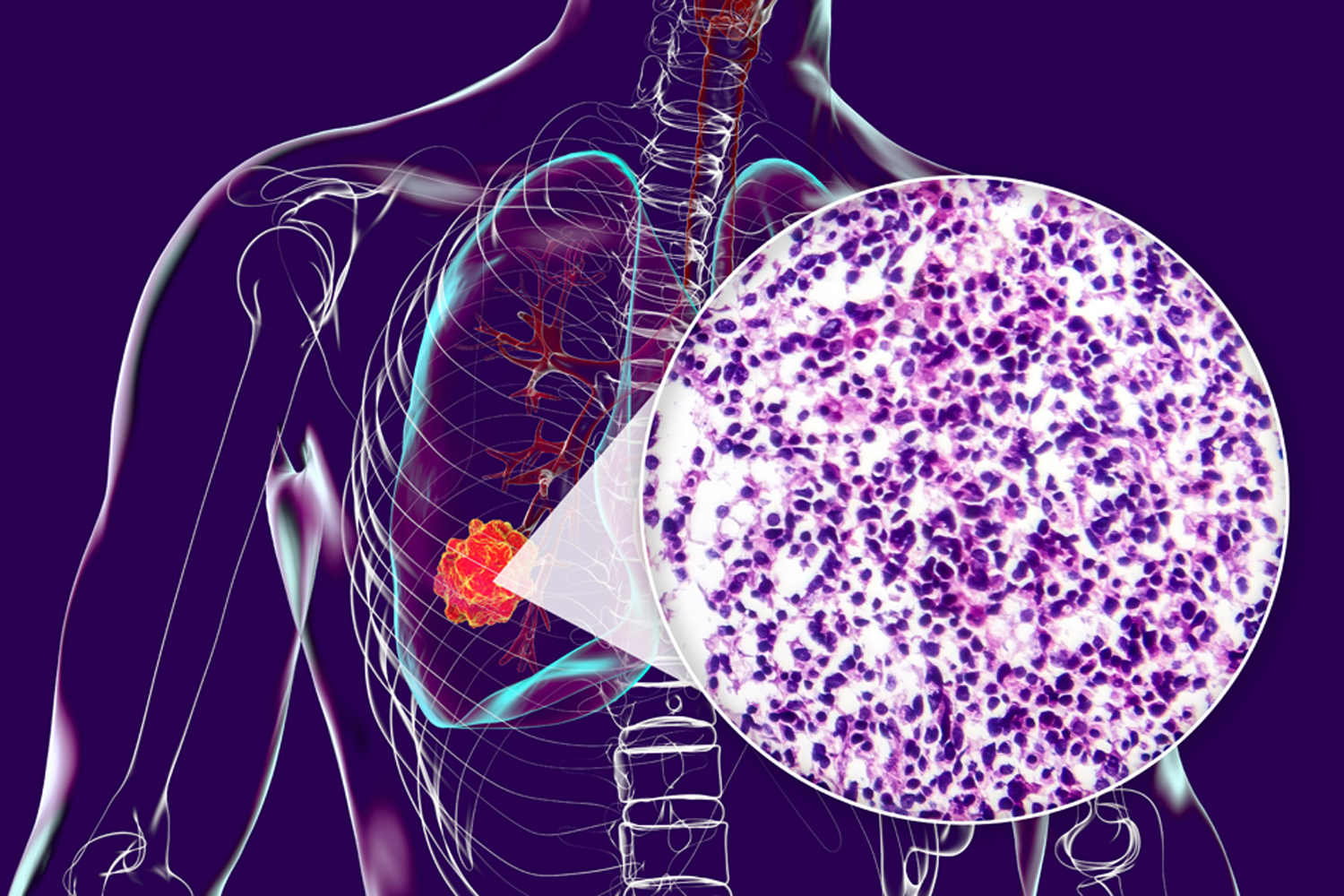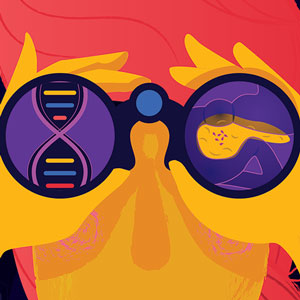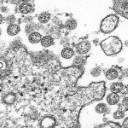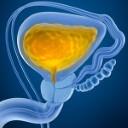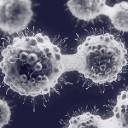-
The Puzzle of Pancreatic Cancer
Pancreatic cancer remains a difficult disease to treat and is expected to be the second leading cause of U.S. cancer-related deaths by 2030. Researchers hope clinical trials and insights into the genetics of the disease will reverse the trend.
by Kendall K. Morgan
-
Policy Matters
Taking Steps to Address Cancer Health DisparitiesCancer outcomes are changing for the better, but advances are not affecting all patients equally.
by Brian Rivers, PhD
-
The Coronavirus Impacts Cancer Clinical Trials
The National Cancer Institute and the Food and Drug Administration have provided guidance for managing clinical trials amid the spread of the novel coronavirus. Cancer centers are making changes to care for some patients enrolled in trials.
by Anna Azvolinsky
-
The Coronavirus and Cancer Care
Cancer patients in the U.S. are feeling impacts from the new coronavirus.
by Kate Yandell
-
Medicare Coverage for Next-Generation Sequencing Tests
Multigene panels that rely on next-generation sequencing are increasingly used to test for hereditary cancer risk-related mutations. The federal government aims to expand Medicare coverage for these tests.
by Ashley P. Taylor
-
For Prostate Biopsy, It’s Best to Combine Old and New Methods
Using an older method of prostate biopsy together with MRI-targeted biopsy more accurately diagnoses prostate cancer than either method alone, a study finds.
by Kate Yandell
-
Drinking After a Diagnosis
A study illuminates the alcohol consumption habits of cancer survivors.
by Jen Tota McGivney
-
New Drugs for an Elusive Cancer Target
Medical oncologist and lung cancer expert Roy S. Herbst discusses early data on drugs that target a mutated form of the KRAS protein.
by Anna Azvolinsky
-
Clinical Trials: An African American Survivor’s Experience
Melvin Mann benefited from joining a pivotal clinical trial for chronic myelogenous leukemia, but participation came with logistical challenges.
by Melvin Mann
-
Telling Your Children About Inheritable Cancer Risk
Letting children know they might have a mutation that increases their risk for cancer can be a challenge for patients. Experts stress there is no right or wrong way to share the information.
by Marci A. Landsmann
Cancer Talk
Treatment Combination Improves Survival in EGFR-positive Lung Cancer
Adding chemotherapy to targeted therapy improves outcomes for people with advanced EGFR-positive non-small cell lung cancer.
by Sandra Gordon
Lessons From 20 Years Living With CancerMultiple myeloma survivor Jonathan Gluck reflects on uncertainty, and the scientific progress that has kept him living with cancer for more than two decades.
by Eric Fitzsimmons
The Enduring Importance of Cancer Disparities ResearchOpening session from AACR conference highlights how perseverance and adversity have informed cancer disparities research over the years.
by Eric Fitzsimmons
Most Cancer Survivors Don’t Meet Healthy Diet GoalsDespite research linking fruits and vegetables to cancer survival, many people do not change their eating habits after diagnosis.
by Darlene Dobkowski

